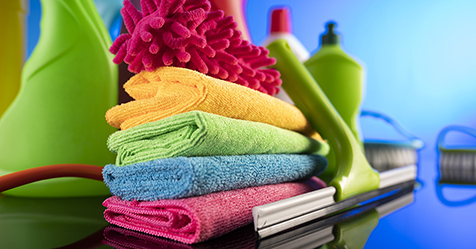Applications Now Open for ISSA 2025–2026 Scholars
ISSA Scholars, an ISSA Charities™ signature program, opened its scholarship applications for the 2025-2026 academic year. Employees of all ISSA member companies and their families are encouraged to apply now through April 21.
“Our commitment is not just to financial support but to nurturing the future leaders of the cleaning industry,” said Sandy Wolfrum ISSA Charities Director of Development. “As ISSA Scholars continues to invest in the generation, we proudly extend scholarships to deserving students, empowering them to reach new heights in higher education.”
On an annual basis, ISSA Scholars awards scholarships to students who showcase outstanding academic and leadership qualities. These scholarships serve as a beacon of support, alleviating the financial strain of tuition for individuals affiliated with ISSA member companies, including employees and their immediate family members, as they embark on their educational journeys at accredited four-year colleges and universities.
With the support of generous ISSA member companies, ISSA Scholars awarded US$144,500 in financial aid to 42 students in 2024. Member companies looking to provide support can donate to existing funds or develop their own scholarship award. ISSA announces the complete list of scholarship recipients and company sponsors each year.
To apply for a scholarship or to donate to ISSA Scholars, click here.
To create a scholarship fund under an ISSA member company, contact Sandy Wolfrum at [email protected].


